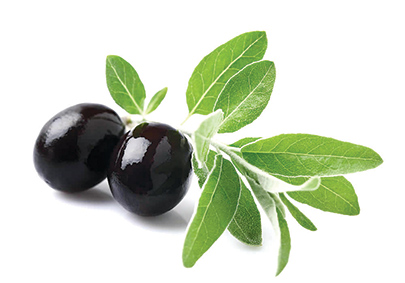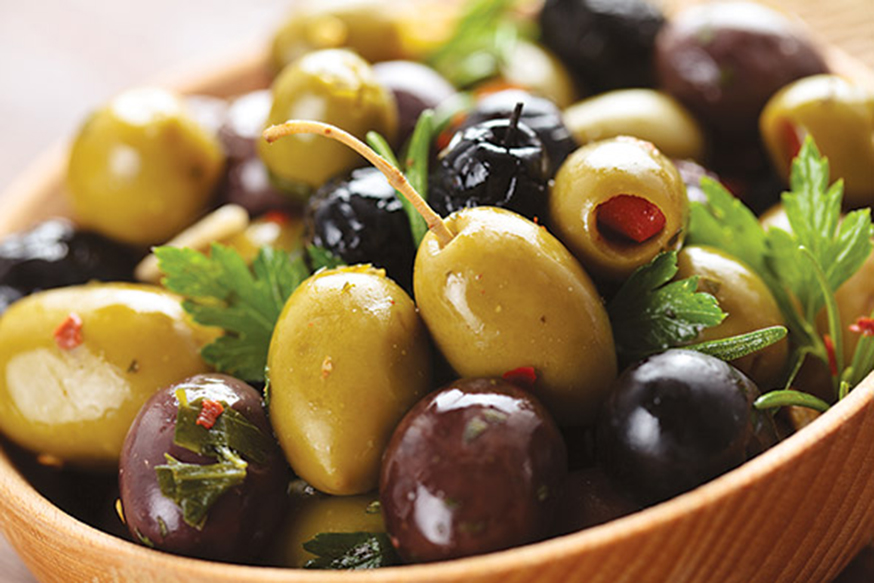Toss them in your salads, grind them into spreads, chop them into your stews and sauces or simply chuck them onto your pizzas. Olives will taste good anyway.
The fruit borne by the olive shrub is one of the most extensively cultivated crops in the world. The olive oil, which is now more popular than the fruit itself, is the most important ingredient in a Mediterranean recipe.
Storing
Olives in an open jar stay for three to four months while those in an unopened one can stay for more than two years if refrigerated in a tight jar
Health benefits
- Olives, especially the black ones, are a great source of vitamin E, which can make cells work faster, aiding in cancer prevention (especially, of the colon)
- Help in preventing cardiovascular diseases, control blood pressure and reduce the effect of degenerative diseases like Alzheimer’s
- Contain antioxidants, minerals, vitamins and anti-inflammatory nutrients, which work against allergies
- Olives contain healthy monounsaturated fat that increases good cholesterol
- They serve as great appetisers
- Consuming olives is believed to enhance fertility and the reproductive and immune systems

Did you know?
Green and black olives are essentially different with respect to the time they are harvested. The green is picked before they ripen, while the black olives are allowed to ripen.
The purple version is called Kalamata olive, as it comes from the city of Kalamata in southern Greece. Kalamatas are usually preserved in wine vinegar or olive oil and used as table olives.
But whether they are black, purple or green, olives need to be cured before they can be eaten, as they are bitter to eat right off the trees.


